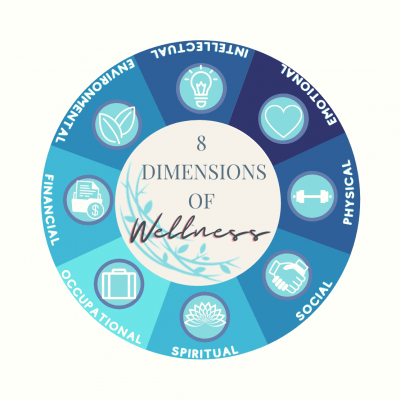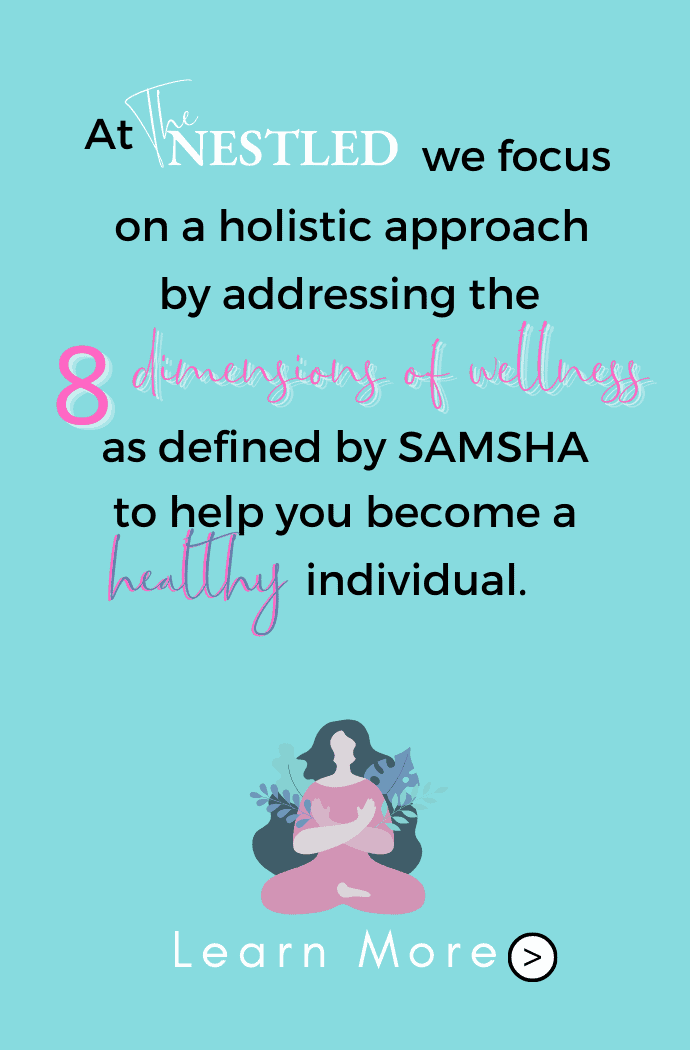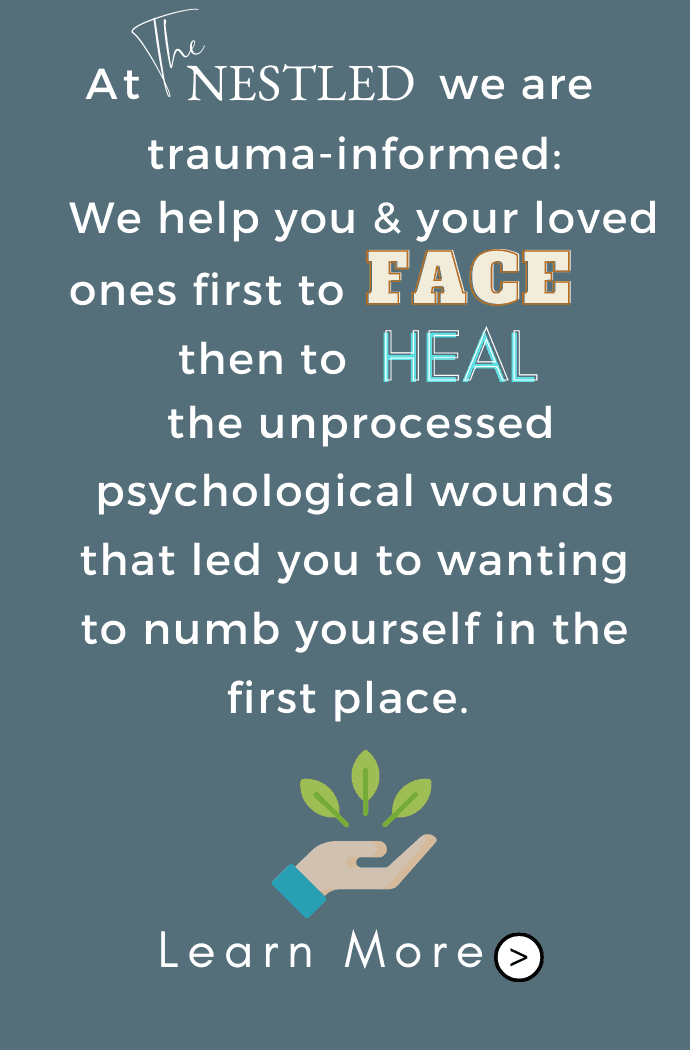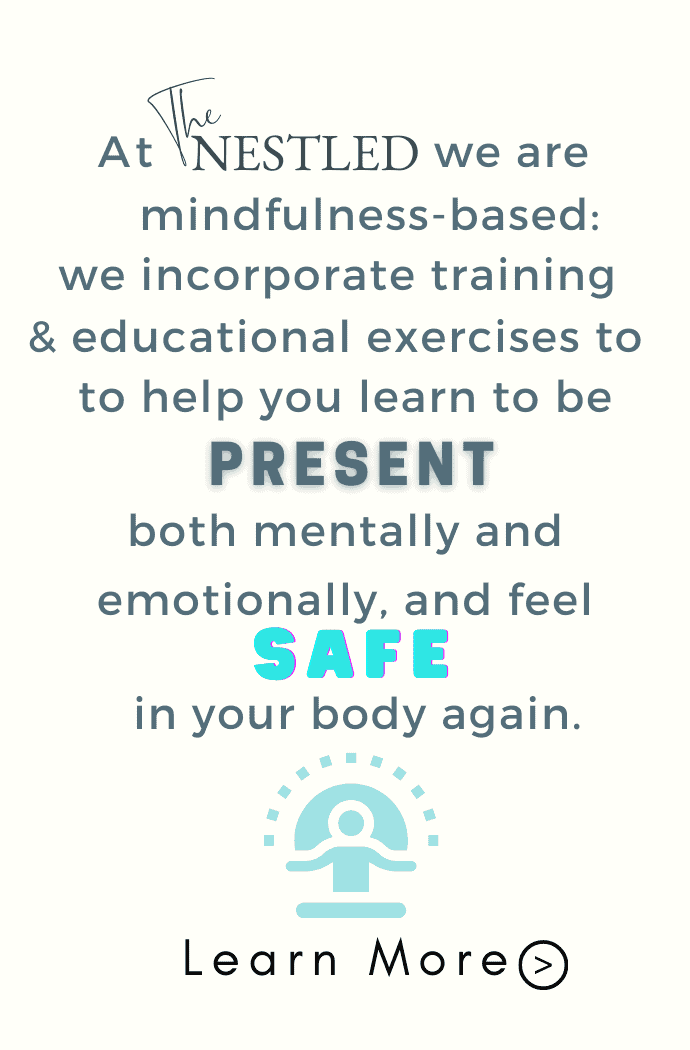Using Talk Therapy to Come to Terms With Substance Abuse
Psychotherapy, or talk therapy, is considered the social model for addiction treatment and it pairs nicely with medical or psychopharmacological therapies. Through psychotherapy, the patients are guided in building self-awareness, self-regulation, identity triggers, and changing maladaptive patterns of thoughts, emotional responses, and behaviors.
Psychotherapy is an important tool in addiction treatment. Addiction is a complex disease – just trying to “stop” using an addictive substance is not an effective strategy and often leads to relapse. You or your loved one need to take time to address the cause of the addiction and the triggers that tempt you to use. These are just some of the topics explored in psychotherapy.
Las Vegas Psychotherapy for Addiction
More than half of all people with an addiction are diagnosed with a co-occurring mental disorder. Addiction psychotherapists at The Nestled Recovery Center are specially trained to address the challenges of dual diagnosis. The strategies patients learn in these programs will help them resist triggers and maintain sobriety when they leave rehab.
Types of Psychotherapies
There are many different types of psychotherapies. Each one offers you or your loved one a new way to observe and manage addiction. Participating in a combination of different psychotherapies is recommended for most patients.
Psychotherapies at The Nestled Recovery Center include:
Process Group Therapy:
In the process groups, the patients check-in with their peers and the therapist to address their current physical and psychological experience. This teaches patients how to relate to others in a manner that practices transparency, healthy communication, bonding, and boundaries. At the same time, they get to hear the experiences of peers who might be farther along in the recovery process or the opposite. Hearing others accounts helps remind patients of why they are in recovery and what the consequences of continuing to use are or could escalate to. This is especially helpful if patients are past the honeymoon phase of their treatment and the obsessions and urges to use return.
Psychoeducational Group Therapy:
Psychoeducational groups are primarily led by the therapist with feedback and dialogue from the patients. The therapist brings different topics to the patients to educate them such as the effects of drugs and alcohol on the brain, post-acute withdrawal symptoms, the steps leading up to relapse and how to prevent it, identifying triggers, coping skills, irrational thought processes, healthy interpersonal skills, and much more.
Individual Trauma Therapy:
Patients are paired with a therapist who is trained in treating trauma. Using a variety of psychotherapy techniques such as eye movement desensitization and reprocessing (EMDR), parts and memory, and/or somatic therapies, the patients are encouraged to recognize when their body is triggered into a trauma response and what the sensations are in the body. This awareness allows for the patients to be able to respond differently to the trauma response as opposed to turning to maladaptive behaviors such as using drugs or alcohol or other compulsive behaviors.
Family Therapy:
Addiction often impacts one’s relationship with the family. This therapy brings together family members to talk about addiction, treatment, and the future. The goal is to give patients a better idea of how addiction has impacted their family, in turn, give family members a clearer picture of what it’s like to live with addiction. The therapist will provide resources for the family to get treatment if they so choose as addiction impacts the entire family.
Peer Support 12-Step Groups:
Sometimes patients want real-life feedback from those that have personal experience with addiction and are farther into their recovery than them. We connect our patients to the 12-step community for up to 4-5 hours per week. Patients are encouraged to introduce themselves, find a sponsor, and begin working the steps. In addition, our program also incorporates codependents anonymous as we have seen that a lot of our patients struggle with healthy bonds and relationships. Toxic interpersonal dynamics without healthy boundaries can oftentimes lead to relapses due to grief and heartbreak.
Final Thoughts On Psychotherapy
Remember that therapy is most effective when you are an active participant. Make the effort to go to the meetings, and continue attending support groups after inpatient rehab has ended. These meetings provide a feeling of accountability and progression that can’t be found when trying to carry on alone.
The Nestled Recovery Center will help you find the therapy programs that best meet your needs.
Contact us today at (702) 299-6406.







